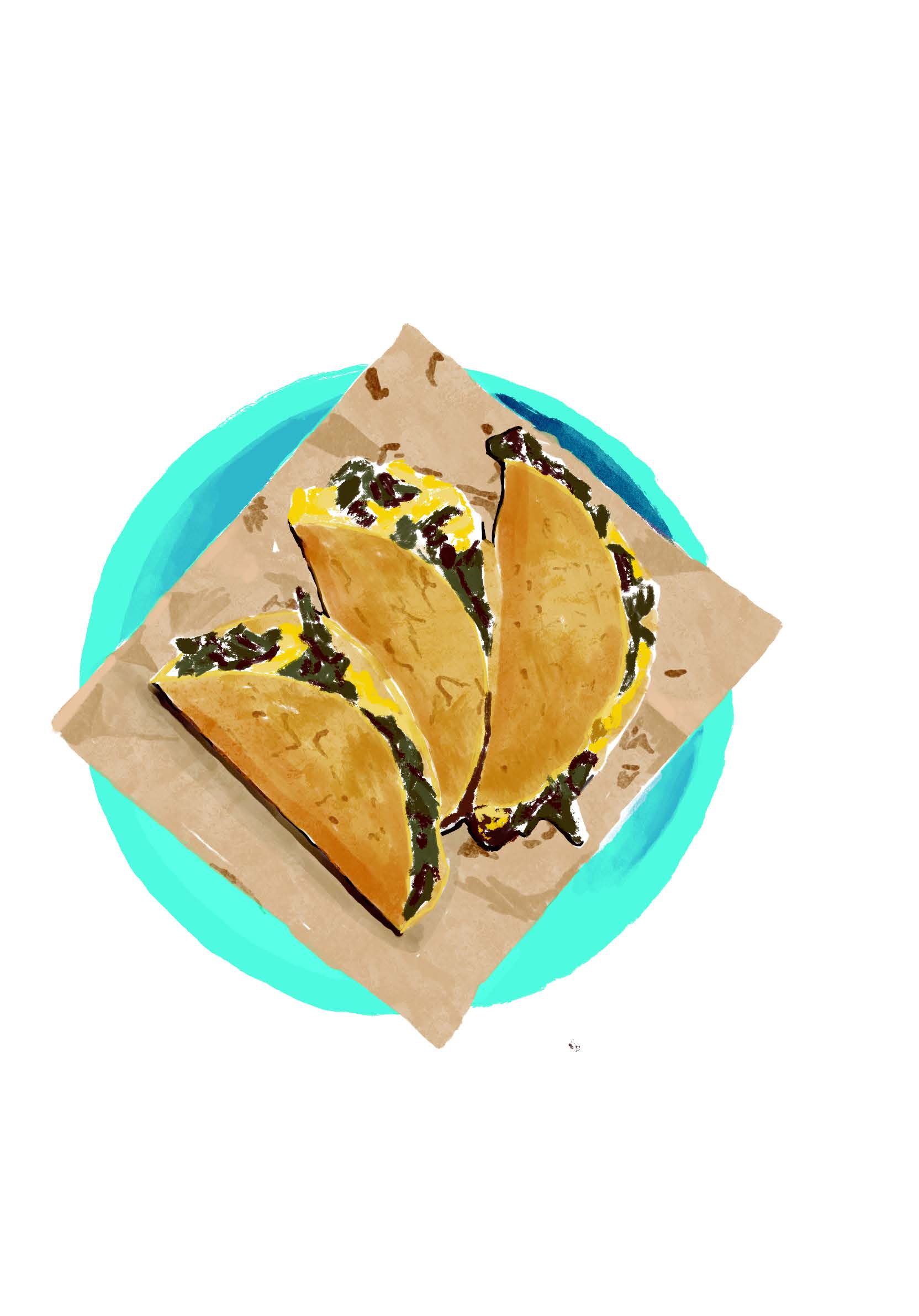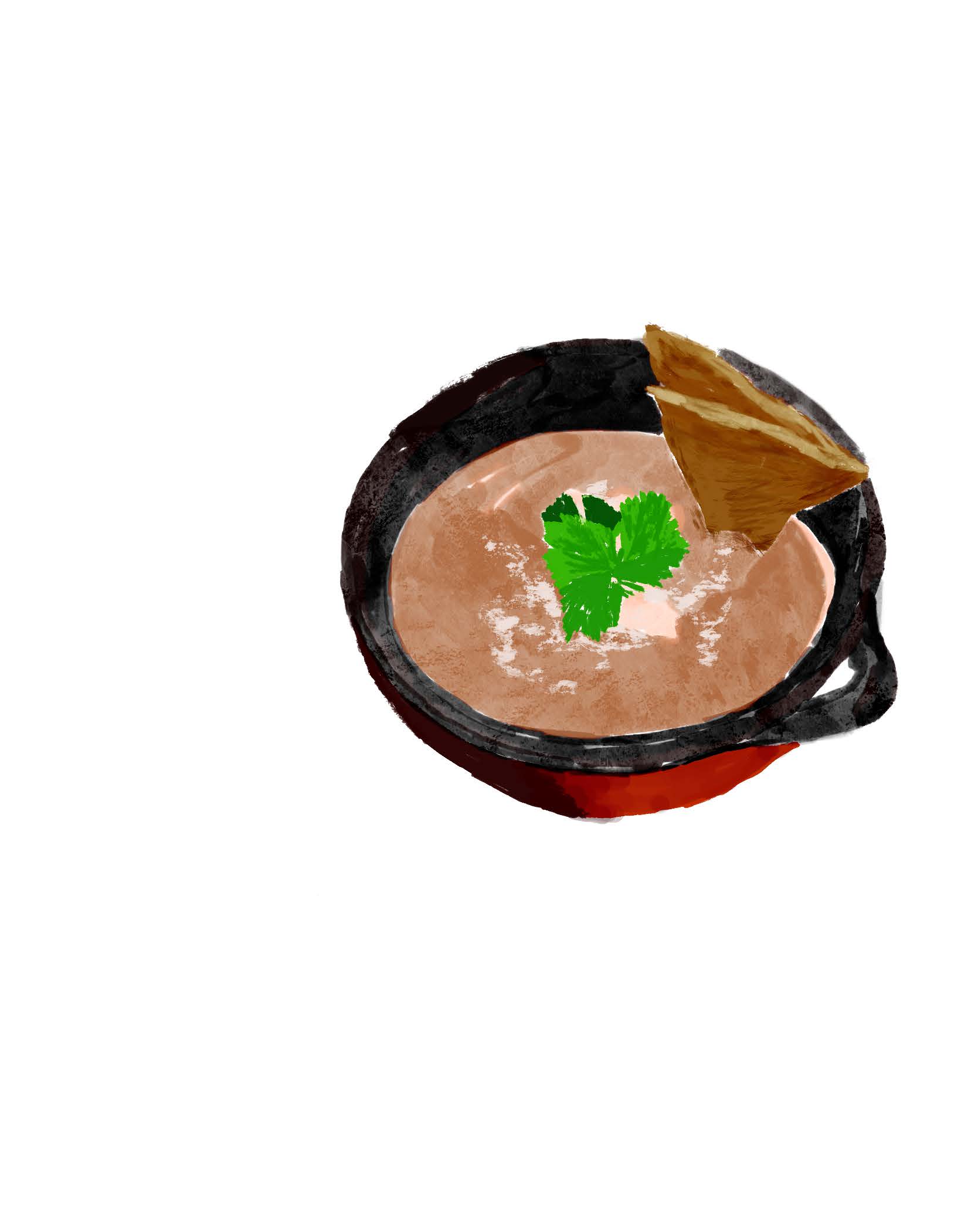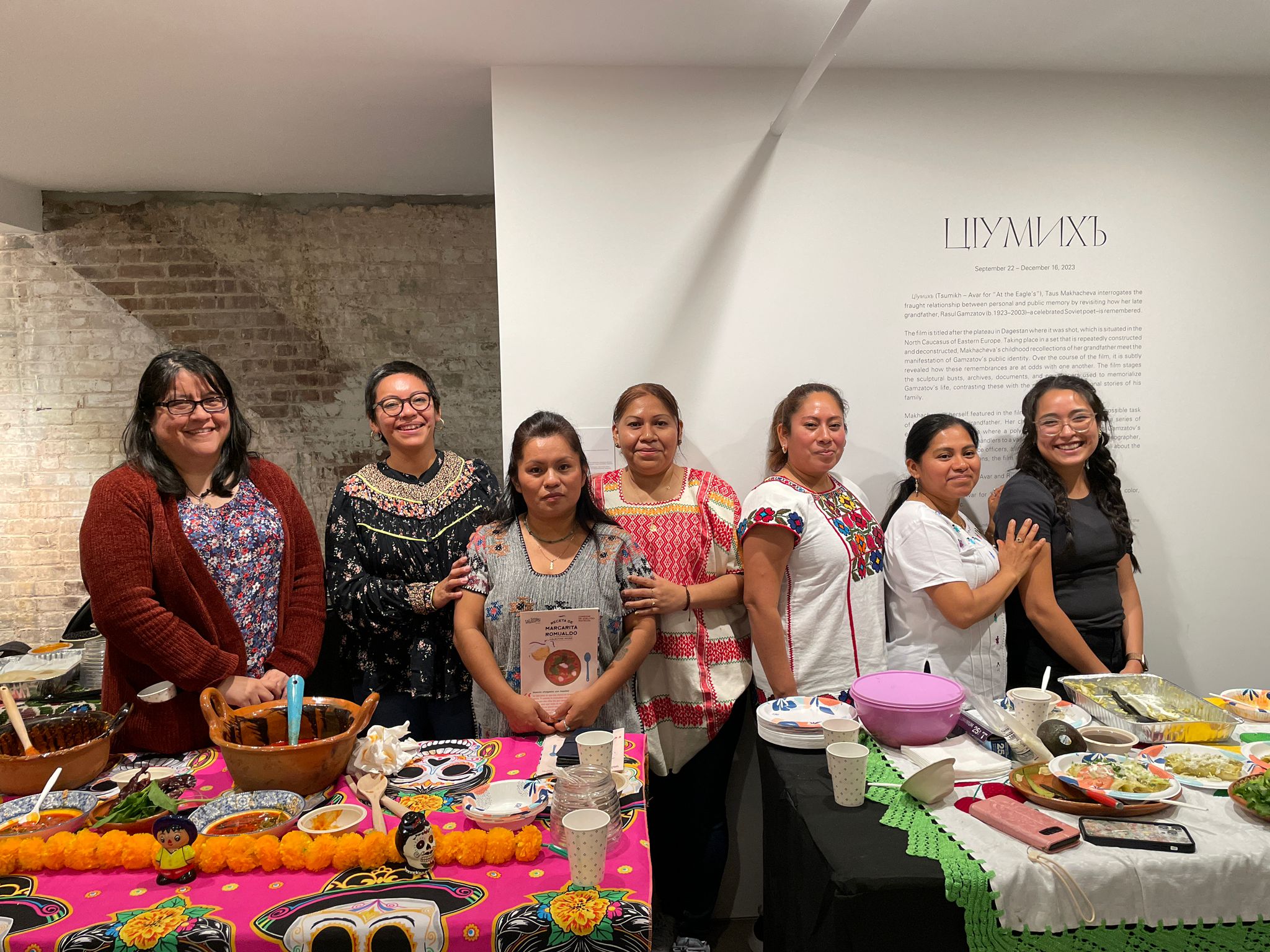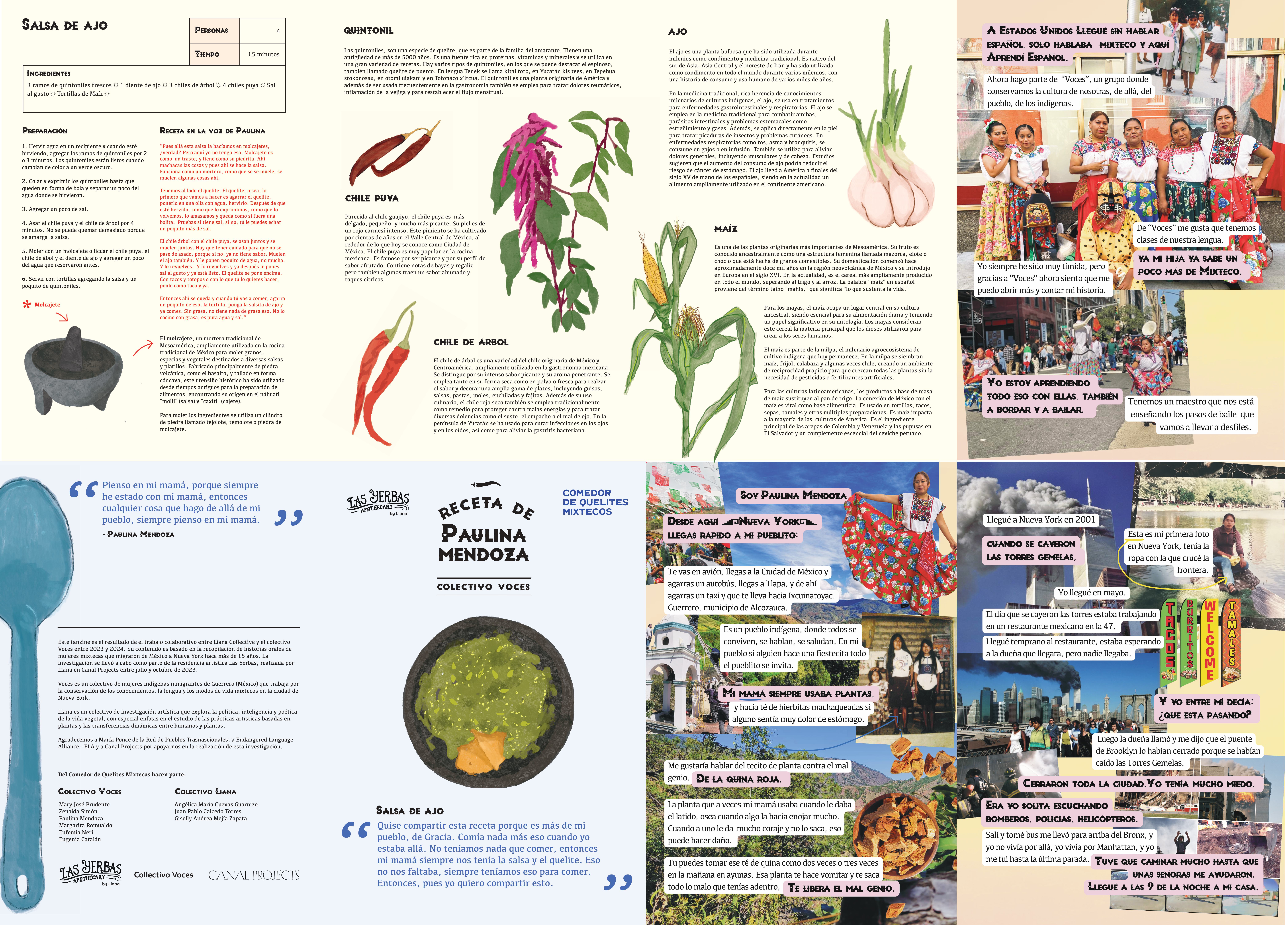
Photo: Giselly Mejía ︎︎︎
Oral history and zine series project highlighting the stories of Indigenous Mixtec women, sharing their connection to plants, migration, and resistance.
Comedor de Quelites Mixtecos - Mixtec Cooking Zines
Team: Liana Collective - (Angélica Cuevas, Giselly Mejía, Juan Pablo Caicedo) and Voces Collective.
September 2023- May 2024
Approaches: Experimental Pedagogies, Oral History, Ethnography, Transmedia & Digital Storytelling, Social Justice,
My role: Researcher, Product Designer, Educator,
Language: Spanish and Mixtec.
Team: Liana Collective - (Angélica Cuevas, Giselly Mejía, Juan Pablo Caicedo) and Voces Collective.
September 2023- May 2024
Approaches: Experimental Pedagogies, Oral History, Ethnography, Transmedia & Digital Storytelling, Social Justice,
My role: Researcher, Product Designer, Educator,
Language: Spanish and Mixtec.




As part of our residency, Las Yerbas Apothecary, we collaborated with Voces, a collective of Mixteco migrant women from Guerrero, Mexico, who work in New York City to preserve Mixtec knowledge, language, and ways of life. This ongoing partnership began with a series of oral history interviews where Voces members—Mary José Prudente, Eufemia Neri, Zenaida Simón, Margarita Romualdo, and Paulina Mendoza—shared their experiences as Indigenous migrant women. Through these interviews, they recounted their memories of cooking, healing with plants, and navigating their histories of migration and resistance within patriarchal systems.
The project documented a series of traditional recipes that highlight the Mixtec women’s unique ways of communicating with plants. These plants are integral to their practices—used to season food, create home remedies, and harmonize both daily living spaces and spiritual ceremonies.
The collaboration culminated in the creation of five recipe zines—one dedicated to each member of Voces—and a public dining room activation at Canal Projects in October 2023. The dining table became a vibrant space for conversation about the journey of plants that travel with immigrants and the deep ancestral ties Voces maintains to native herbs and traditional wisdom. These discussions illuminated how plants are not only essential for cooking but also serve as tools for healing and maintaining cultural identity across borders.
The zine series integrates the following sections:
The project documented a series of traditional recipes that highlight the Mixtec women’s unique ways of communicating with plants. These plants are integral to their practices—used to season food, create home remedies, and harmonize both daily living spaces and spiritual ceremonies.
The collaboration culminated in the creation of five recipe zines—one dedicated to each member of Voces—and a public dining room activation at Canal Projects in October 2023. The dining table became a vibrant space for conversation about the journey of plants that travel with immigrants and the deep ancestral ties Voces maintains to native herbs and traditional wisdom. These discussions illuminated how plants are not only essential for cooking but also serve as tools for healing and maintaining cultural identity across borders.
The Result
The zine series integrates the following sections:
- Early Life
- Relationships with Family and the Territory
- Growing Up as a Woman in Rural Mexico
- History of Migration from Guerrero to the United States
- Traditions and Culture
- Motherhood
- Traditional Recipe
- Recipe Plant Bios
- Voces Statement
Oral History
For this project, I chose oral history methodology as the foundation for our work with Voces, as its principles of consent, trust, and “do no har
m” aligned perfectly with our approach. I developed discussion guides to shape our dialogues and created a detailed consent form that outlined the nature of our interactions, how the data would be handl
We conducted two-hour conversations with each of the five members of the Voces collective. From the transcriptions and thematic analysis of these conversations, we developed the structure of the zines.
![]()
m” aligned perfectly with our approach. I developed discussion guides to shape our dialogues and created a detailed consent form that outlined the nature of our interactions, how the data would be handl
We conducted two-hour conversations with each of the five members of the Voces collective. From the transcriptions and thematic analysis of these conversations, we developed the structure of the zines.

Comedores
Since plants are at the heart of this project, we hosted two “comedores” where food was made and shared with plenty of generosity. The first one was for the closing event of the Las Yerbas Apothecary installation, where we invited the public to try the five recipes from the zine. The second was to wrap up the project in the summer of 2024. We all brought food, shared a meal, and took the time to thank each other for the collaboration.

